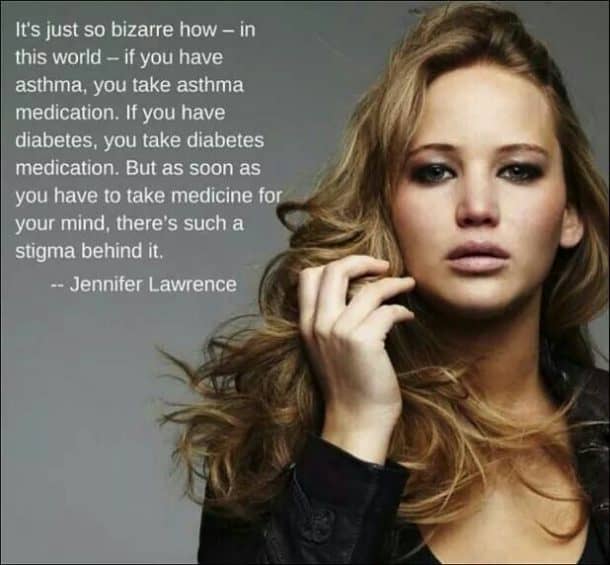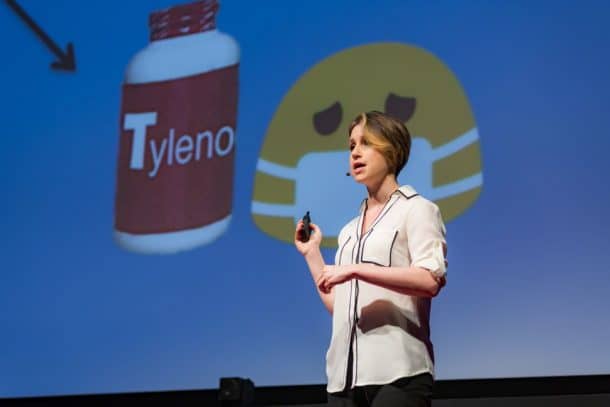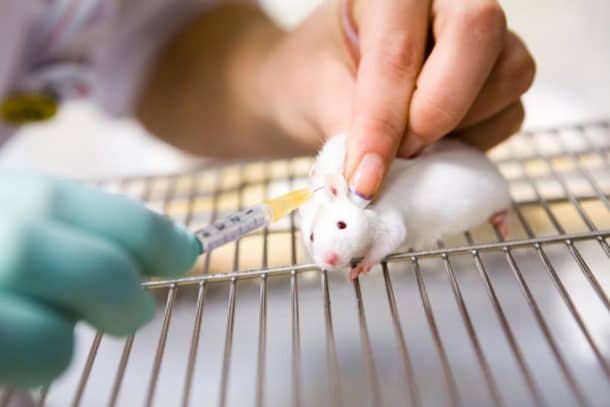The technology to help the patient deal with physical illnesses has advanced at astronomical speeds as compared to mental health advancement. Although the awareness about previously misunderstood mental health problems is gaining momentum, the research funds are nearly not enough to comprehend and rehabilitate these patients. The acceptance of these mental health patients in society has seen some improvement though. Our understanding of depression and related illnesses can only lead to discovery of more causes and consequently, treatments for those suffering from these conditions. Now, society is coming more to terms with the fact that “Not all diseases come with wheelchairs, casts, scars or spots” and “just because it is not apparent, doesn’t make it any less painful.”

Despite the lack of funding, researchers are bent on comprehension of mental illnesses and depression in particular with the aim to find more efficient methods of treatment to improve the patient’s quality of life. Rebecca Brachman belongs to one such benevolent group of researchers. The 34-year-old, Columbia University Neuroscientist, has managed to build mental robustness against the mental revival of unpleasant or traumatizing experiences.

In 2014, a study was conducted on mice over a vast range of emotional behaviors; they were treated with a potential antidepressant, also used as a potential treatment of other related ailments. Brachman supervised the Ketamine intake, the effects of which fade quickly in mice in a matter of hours. However, Brachman realized that these mice did not experience the symptoms they were ought to in stressful situation, even after weeks. After multiple times recreating the same results, Brachman came to the exciting conclusion that Ketamine makes the mice resilient to stress and helps them bypass common triggers, that would usually impact their mental health in a negative way.

Although human trials have yet to be carried out, what makes this discovery potent is the possibility that Ketamine will be used as a prevention drug and not just a treatment drug. The PTSD and depression can be prevented before manifestation. Brachman envisions that soldiers can be administered the drug before entering war zones or aid-workers before going into areas that had been hit with a disaster. Brachman plans for human trials in next year, after she has developed her signature version of the drug. If she is successful in these trials, and we hope she is, this would be a groundbreaking step towards the treatment of mental health patients and to improve their quality of life.


